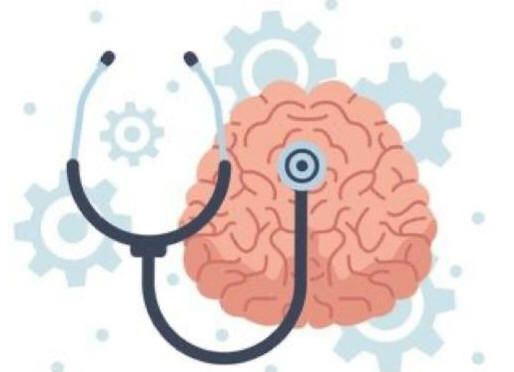Memory Disorders

Memory difficulties have a significant influence on a person's quality of life. Typical memory impairments include:
Alzheimer's disease - is a neurological ailment that progresses with time, causing cognitive decline, confusion, and severe memory loss. It is primarily caused by the accumulation of tau tangles and beta-amyloid plaques in the brain, which disrupt neuronal transmission and cause cell death. Alzheimer's symptoms include mood changes, disorientation, difficulty solving problems, and forgetting recent events. As the condition progresses, people lose their ability to do daily tasks and communicate coherently (Akhtar et al., 2024).
Amnesia - is a disease characterized by partial or full memory loss caused by sickness, trauma, or brain injury. Amnesia can take numerous forms, including retrograde amnesia (loss of earlier memories) and anterograde amnesia (inability to develop new memories). Some of the reasons of amnesia include strokes, brain traumas, infections, and neurological diseases. Some problems may be temporary, while others may be long-term.
Dementia - is a broad term for a variety of disorders that impair cognitive function, including memory, reasoning, and social skills. Common dementia diagnoses include Lewy body dementia, vascular dementia, and Alzheimer's disease. Confusion, difficulty speaking, personality changes, and poor judgment are all symptoms of dementia. A healthy diet and frequent exercise can help reduce the risk.
Mild cognitive impairment (MCI) - is a condition in which cognitive abilities, such as memory and reasoning skills, are visibly impaired but have no significant impact on daily functioning. Alzheimer's disease and dementia are more likely to affect those with MCI. Even though there is no cure, early intervention and cognitive training may help to slow the progression.